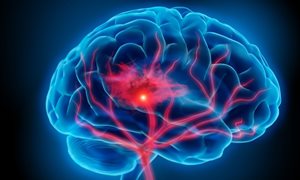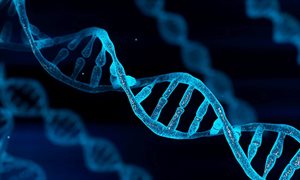30 May 2018
 Rob Collin and Frans Cremers have been awarded a £ 120,000 grant from the RP Fighting Blindness society in the UK.
Rob Collin and Frans Cremers have been awarded a £ 120,000 grant from the RP Fighting Blindness society in the UK.
Related news items

Surprisingly dominant cause underlying type I congenital defect of glycosylation
21 October 2021 Alex Garanto, Melissa Bärenfänger, Mirian Janssen, and Dirk Lefeber published a new study, identifying a surprisingly dominant genetic cause underlying type I congenital defect of glycosylation with neuromusculoskeletal phenotypes. go to page
Treatment of brain diseases at risk if neuroscientists can no longer conduct their research
5 August 2021 In order to treat brain diseases such as depression, Alzheimer's or ADHD, more research into the brain is needed. go to page
A band aid to prevent blindness a solution in the fight against Stargardt disease
25 January 2019 You cut your finger? Patch it up with a band aid and let the healing begin. How convenient would it be if this would work in an eye. If you can cure blinding eye diseases with a band aid, or at least slow them down. go to page


